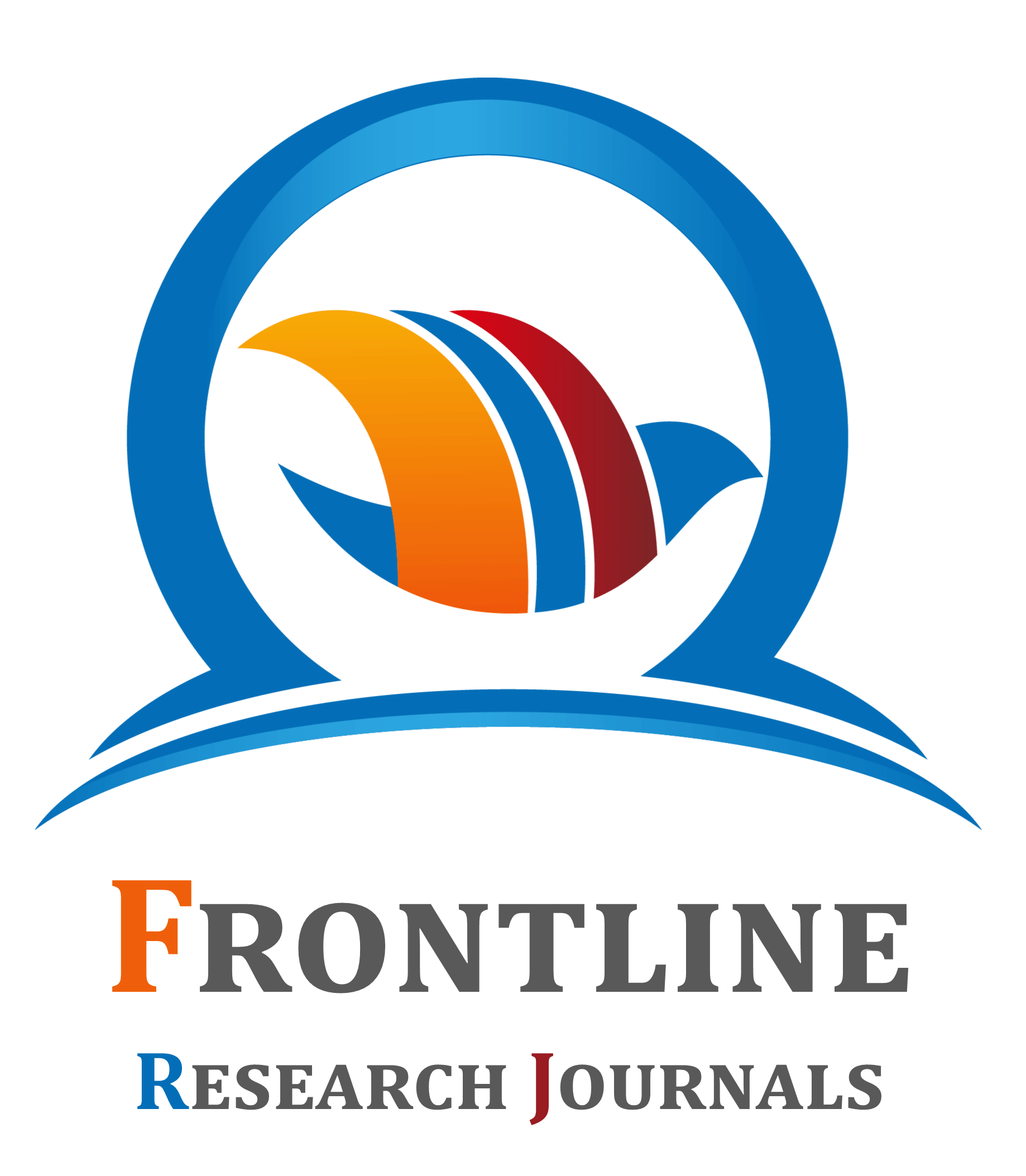Sustainable education for underserved U.S. communities: Empowering students through environmental literacy and green job pathways
1 Centre for Sustainable Development (CESDEV) University of Ibadan, Nigeria.
2 Department of Veterinary Public Health and Preventive Medicine, University of Ibadan, Nigeria.
3 School for Global Animal Health, Washington State University Pullman, WA, USA.
Review
International Journal of Frontline Research in Multidisciplinary Studies, 2024, 04(01), 045–052.
Article DOI: 10.56355/ijfrms.2024.4.1.0032
Publication history:
Received on 07 September 2024; revised on 11 October 2024; accepted on 14 October 2024
Abstract:
This research paper explores the integration of environmental literacy and sustainability-focused education within underserved U.S. communities, aiming to empower students and promote pathways to green jobs. As these communities often face significant educational disparities and limited economic opportunities, the study highlights the importance of environmental literacy as a critical component of education that fosters essential skills such as critical thinking, problem-solving, and civic engagement. The paper discusses best practices for developing and implementing sustainability-focused curricula, effective teaching strategies, and the significance of local partnerships between educational institutions and industry stakeholders. Furthermore, it emphasizes the potential for green jobs to drive economic growth while aligning with national efforts toward environmental justice and sustainable development. The findings underscore the necessity of a multifaceted approach involving policymakers, educators, and community leaders to create equitable opportunities and foster a sustainable future for underserved communities.
Keywords:
Environmental Literacy; Sustainability Education; Green Jobs; Underserved Communities; Economic Growth; Environmental Justice
Full text article in PDF:
Copyright information:
Copyright © 2024 Author(s) retain the copyright of this article. This article is published under the terms of the Creative Commons Attribution Liscense 4.0
